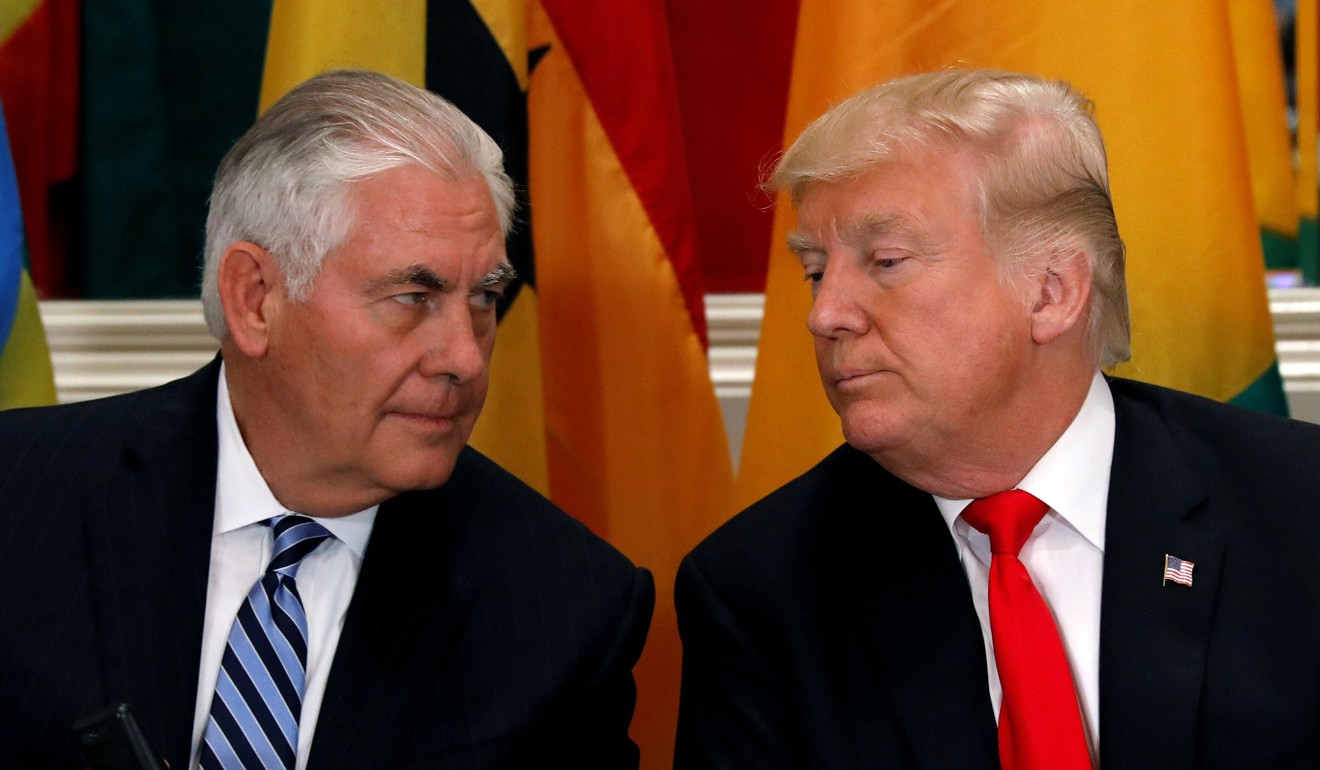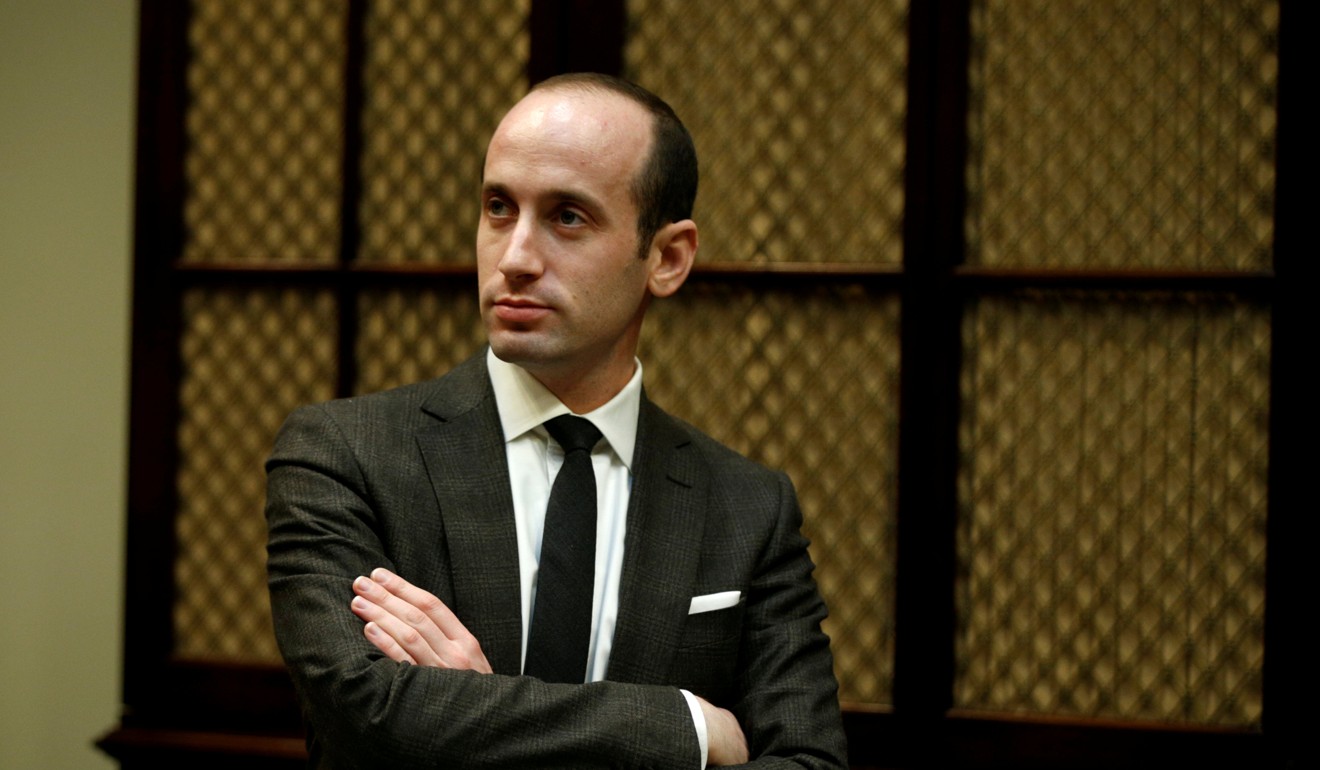
An unpredictable Trump means it’s Xi’s world – if he knows how to take it
Beijing will base its long-term geopolitical strategy depending on the US approach to Asia, but it will need to work on its own approach as well
In November, Trump will give a speech at the Apec conference in Hanoi that has the potential to set the agenda in Asia for a generation to come. Xi will be listening, and more than half-willing his American counterpart to fail – but not completely. Trump’s failure could actually be a “nightmare” for Xi, or so argues an important new book.
What Beijing’s ring roads say about China’s foreign policy
China’s World, by veteran Asia analyst Kerry Brown, would serve as an excellent primer if Trump wants to understand the challenges that face him as he travels to China, South Korea, Japan, the Philippines and Vietnam. One of Brown’s central points is that America’s decisions in the region in the very near future will determine the actions of a China that is still hesitant about how far and how fast to increase its influence and temper its actions.

“The opportunity to be a truly regional dominant power is within China’s grasp,” he argues, but the country is still poised between a new boldness and the traditional timidity that prevents it from having a genuinely global vision.
Unpredictable Trump challenges China’s self-interested foreign outlook
This latest farcical situation in the US, with the president appearing to be at war with Secretary of State Rex Tillerson, doesn’t help. Nor does the rumour that the Trump’s Hanoi speech may be written by Stephen Miller, one of the White House policy advisers closest to Steve Bannon, who has spoken of a future war with China.

The policy crisis being engendered in the region is real and becoming more evident. On a recent visit to Singapore, I was struck by the way that foreign policy seems to be more split over how to manage the precarious balancing act between the US and China that veteran leader Lee Kuan Yew navigated for decades.
What’s at stake for China as unsure Modi meets unpredictable Trump?
Singapore never became a formal ally of the US, unlike the Philippines or Japan, but it certainly regarded America as a close and trusted partner. Yet it was able to tack towards China too; encouraging Mandarin language study and nurturing a rhetorical closeness to Jiang Zemin’s China in the late 1990s in a shared discourse over (supposed) Asian values. Now there is a sense that Singapore may be forced to choose. A Trump doctrine that is ambivalent about the region may strengthen the conviction that Singapore has to tack more strongly towards the one power that, through reasons of geography, will not be leaving the Asia-Pacific region under any circumstances.

“China has had to factor in the immense unpredictability that Trump has brought with him,” Brown notes in his book. The question now is whether China has the skills to turn that unease in the region into regional willingness to hear what China has to say.
But China is a position of strength right now. If Trump’s visit to Asia is as problematic as his recent trip to Europe, then Xi’s hand will be stronger still. It will be up to him to decide how to use it. ■
Rana Mitter is Director of the University China Centre at the University of Oxford and author of A Bitter Revolution: China’s Struggle with the Modern World and China’s War with Japan, 1937-45: The Struggle for Survival

